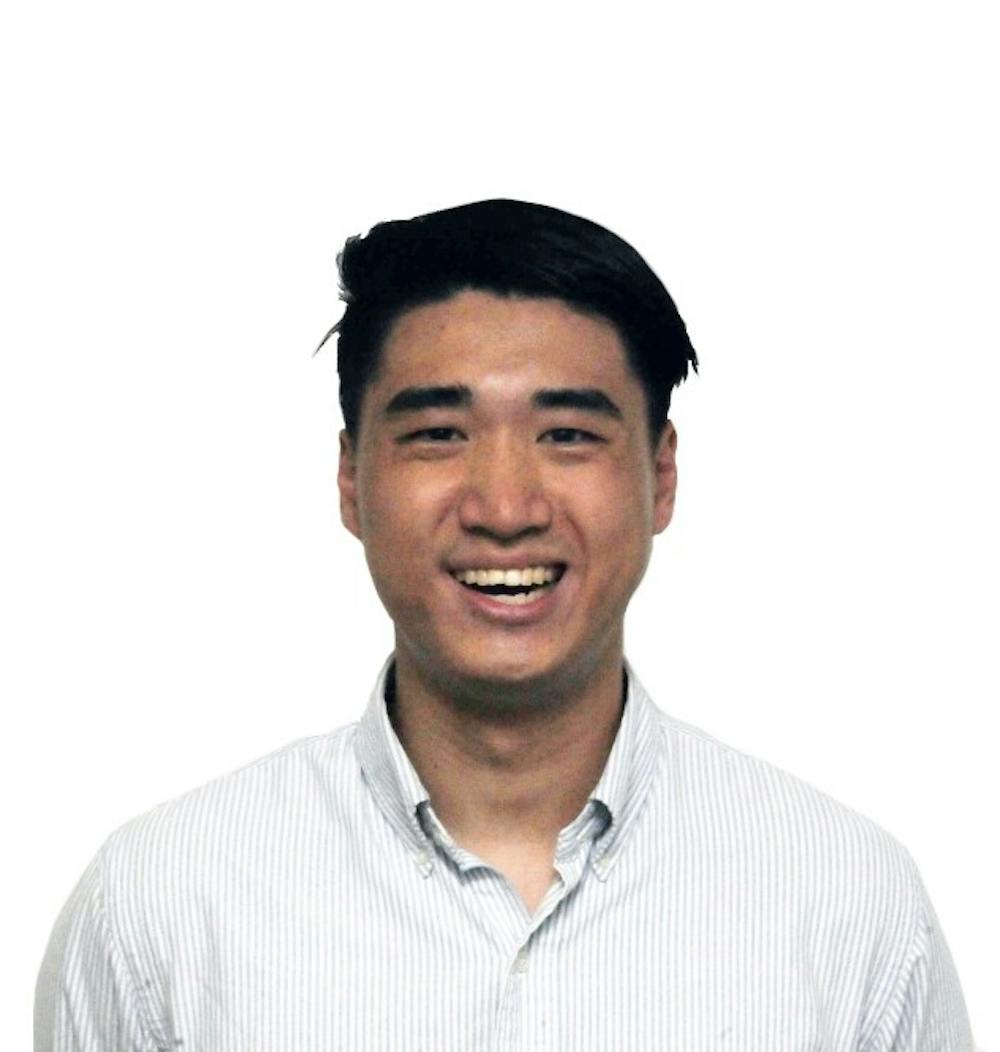I’m the kind of person who can’t read stuff on a screen for an extended period of time, so I print out most of my readings assigned for class from Canvas. Considering my two majors in philosophy, politics, and economics and English, this means that I spend a good amount of time struggling with jammed staplers and despairing at how expensive toner cartridges are. It also means that by the end of a semester, I end up with a huge stack of paper for each class.
I used to throw all of it away after the final assessment for the course (not entirely without some glee and satisfaction in some cases), but at some point it began to feel strange to dispose of a semester’s worth of material with such ease. So I began to take them, along with quizzes, exams, papers, and projects, and store them in manila file folders. The towering stack of these is in my room as I write.
My reluctance to part with the material, I think, has to do with a certain desire to take something tangible away from my courses. It’s not like I do anything with them. I’ve never gone back to open up these folders for any reason, and can’t imagine a scenario in which they would present themselves as useful. So they serve no real practical purpose. And certainly not everything I’ve studied has been so engaging that I feel compelled to keep it all.
It’s natural to expect and hope that something from these classes will stay with us. Especially for people studying the humanities or some of the less professional fields, what we learn won’t necessarily be the knowledge we refer to in our lives beyond Penn. And it’s the unfortunate truth that we forget most of what we learn. I certainly wouldn’t be alone in saying that I remember little of the material I studied freshman year.
This is an inevitable and unfortunate result of how universities like Penn work. The methods we use to study are centered around certain assessments, since our grades will be a factor that follows us for the rest of our lives. All of us at different times cram or depend on rote learning to get us through an extremely busy schedule. I am always amazed at just how quickly I forget the material I’ve studied for an exam. Sometimes it’s literally a matter of hours — one can only imagine what it will be like after years away from a classroom.
None of this, of course, is to say that we take nothing away from the things we learn. We understand how different disciplines create and approach different issues. We learn to analyze data, make and support claims, and understand relationships within and between systems. The soft and hard skills we come away with will differ by major, but it’s generally true that these skills lay a foundation for our careers. Yet, while students come away with these enduring skills, not enough seem as concerned about the lasting importance of the actual content we study.
It’s entirely different to want to maintain a lasting connection with the content itself. Yes, our experience engaging with the material in classes will be reflected in our resume, but this seems a somewhat inadequate, incomplete summation of our investment in these courses. And if we accept the fact that we will forget much of what we study, it’s even more concerning. This is especially true if we consider the value of a Penn education as more than a stepping stone towards a successful career.
I’ve been thinking more about this as I near the end of my own college career. While I don’t plan on pursuing a career in academia, I feel a certain admiration and envy towards those who will make it their lives’ goals to connect with the things they study. But I still think that one must make an effort to keep and remember the takeaways we get from each class.
We may forget the dates, details, and exact chronology, but what we felt and thought, the changes in our perceptions of the world, must be noted and kept. Certainly these provide a basis for our thoughts and actions for times well beyond our time here. An education not only teaches but molds, and we ought to remember the forces that shape us into ourselves.
JAMES LEE is a College senior from Seoul, South Korea, studying English and philosophy, politics and economics. His email address is jel@sas.upenn.edu. “The Conversation” usually appears every other Monday.
The Daily Pennsylvanian is an independent, student-run newspaper. Please consider making a donation to support the coverage that shapes the University. Your generosity ensures a future of strong journalism at Penn.
Donate








